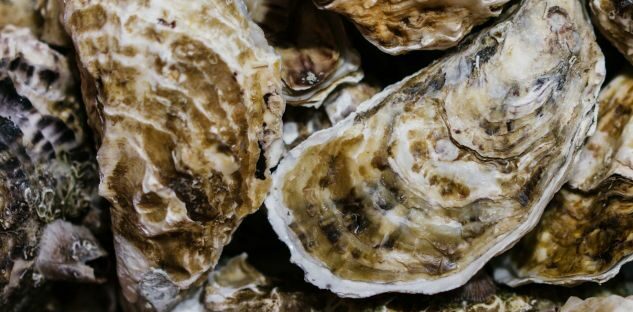Ben Rennie led a great study as part of his Masters project to investigate filtration rates and the bioremediation potential of the tropical blacklip rock oyster, Saccostrea lineage J, which was published in Aquaculture Environment Interactions. The study found that the Blacklip Rock Oysters significantly reduced total nitrogen, total phosphorous, total suspended solids and chlorophyll a from prawn pond effluent. In addition the oysters have a filtration rate three to five times higher than other frequently cultured oyster species suggesting that they may be well suited to biofiltration roles.
JCU highlighted the story in a media release and a feature article the paper has led to interest in the oysters ability to provide reef credits.

Jan with a Tropical Blacklip Rock Oyster at Bowen Fresh Oysters.
